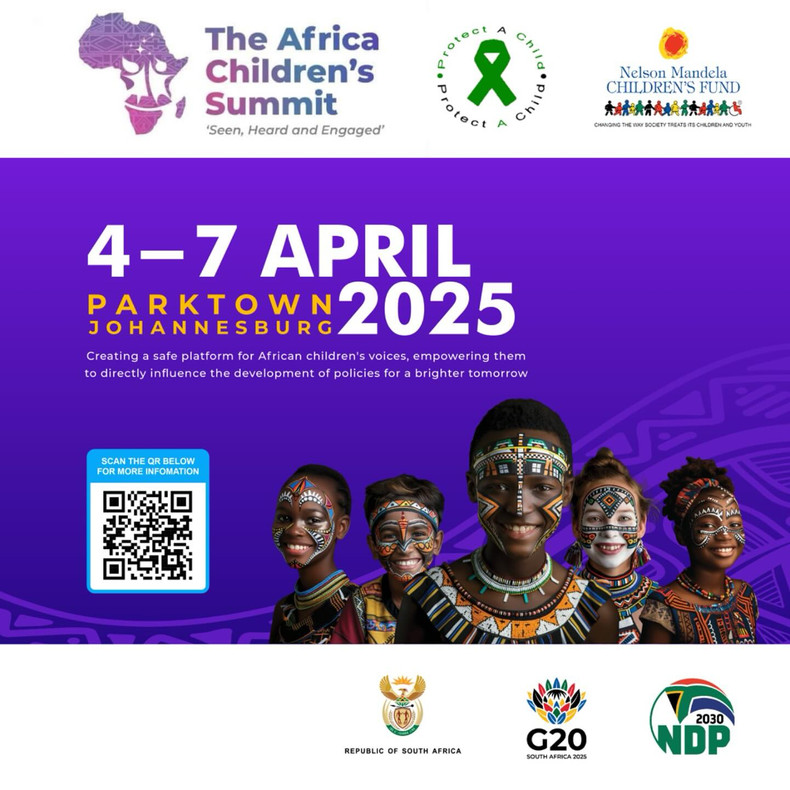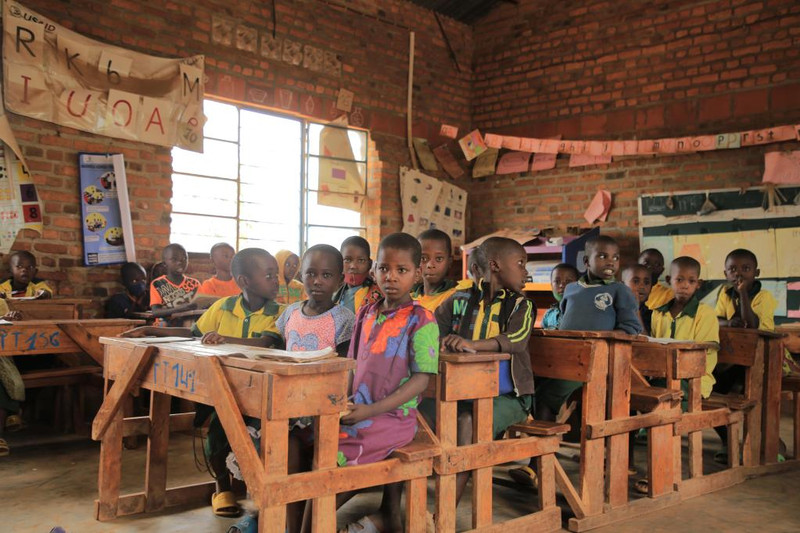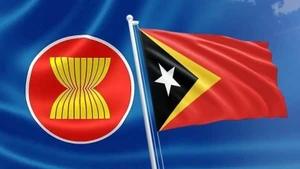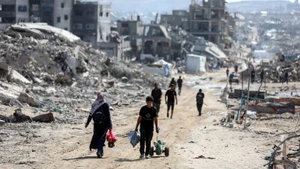Ahead of the second African Children's Summit, the African Development Bank has launched a fund to eradicate hunger and malnutrition among school-age children on the continent.
The South African government announced that the Department of Social Development, in partnership with the Nelson Mandela Children's Fund, will host the second African Children's Summit in Johannesburg from April 4 to 7.
The African Children's Summit 2025 (ACS 2025) aims to promote children's participation in shaping their own future. The event will attract the participation of 1,300 children from all five African sub-regions, discussing key challenges affecting children's welfare on the continent.
ACS 2025 seeks to empower children to protect their rights, lead discussions about their lives, and provide policy recommendations for governments, civil society organisations, and international agencies.
Through activities such as child-led campaigns and intergenerational dialogue, ACS 2025 promises to be a transformative platform contributing to a more equitable and inclusive Africa where children are “seen, heard, and engaged” in various activities.
Additionally, ACS 2025 will assess progress made in protecting African children since the first summit in Nairobi, Kenya, in 2023.
Ahead of the event, the African Development Bank approved the establishment of the End School-Age Hunger (ESAH) Fund.
 |
| The second African Children's Summit will be held in Johannesburg, South Africa from April 4 to 7 (Photo: Nelson Mandela Children's Fund) |
However, mobilising resources for children, especially in Africa, is challenging. Many humanitarian organisations worldwide are struggling since the US decided to “freeze” nearly all foreign aid.
UNICEF warned that the drastic reduction in global aid is causing a “survival crisis for children,” affecting over a million children suffering from severe malnutrition in Nigeria and Ethiopia.
UNICEF Deputy Executive Director Kitty van der Heijden expressed concerns about funding shortages in Nigeria and Ethiopia, which could leave nearly 1.3 million children under five with severe acute malnutrition without access to treatment this year, putting them at high risk of death.
Meanwhile, at least 825,000 children in Sudan are trapped in conflict in North Darfur, threatened by violence and famine.
Organisations like Médecins Sans Frontières (MSF) and the United Nations World Food Programme (WFP) have suspended operations at a massive refugee camp in Zamzam.
UNICEF continues to operate in the area, however it warns that food and medicine supplies for the Sudanese people are expected to run out within weeks.
UNICEF's deputy director cautioned that without new funding, UNICEF will soon exhaust its supply of ready-to-use therapeutic food for treating severely malnourished children. Many African countries fear that the current “funding crisis” could become a “survival crisis for children.”
















